- Supplements
- Fat Burners
- Pre Workout Booster
- Testo Booster
- Ephedrine HCL
- ECA stack
- Yohimbine
- Prohormones
- SARMs
- Power
- Muscle
- Accessories
- Fat loss
- Diet
- Health
- Endurance
-
50€+ Order = Free Shipping
*AT & DE
Manufacturers
BESTSELLER
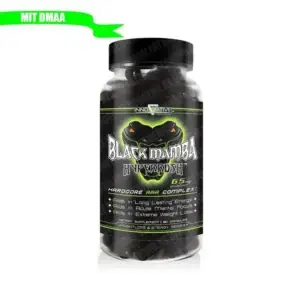
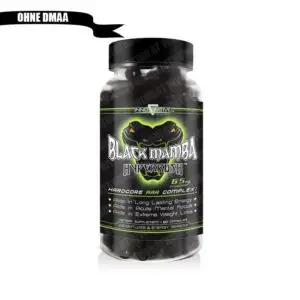
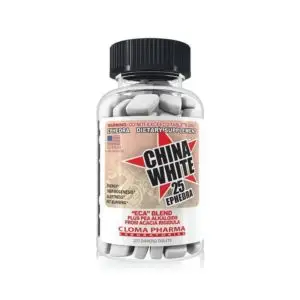
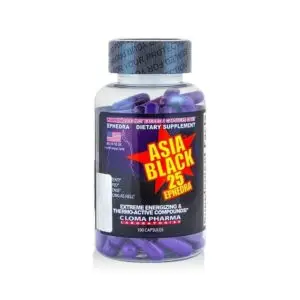
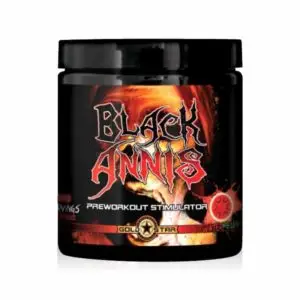
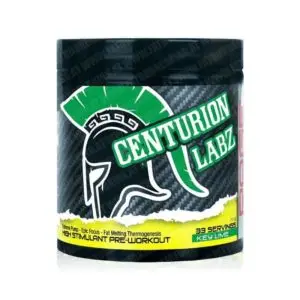
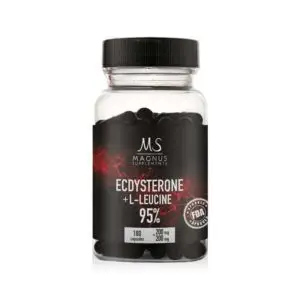
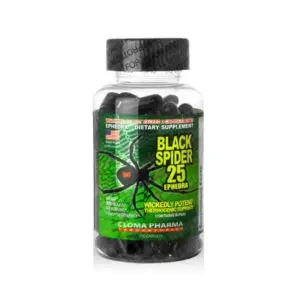
About
FATBURNERKING


Creatine HCL, also known as creatine hydrochloride or creatine HCl, is a form of creatine produced by combining a hydrochloride molecule with creatine. This compound improves the water solubility and stability of creatine, making it a favorite choice among athletes and fitness enthusiasts. Compared to other forms of creatine, it has a higher bioavailability, meaning it is absorbed more efficiently by the body and therefore requires a lower dosage to achieve the same benefits. These benefits include an increase in muscle mass and an improvement in physical performance. Additionally, it can reduce water retention in the body, leading to a more defined muscular appearance. Overall, taking creatine HCL helps to increase maximum strength and improve fatigue resistance, which is particularly beneficial during intense training sessions.

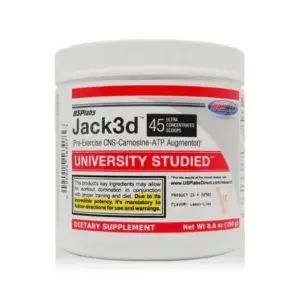
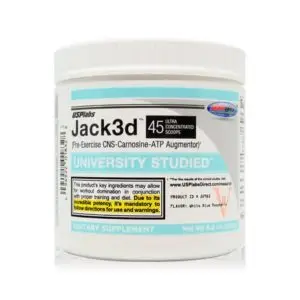
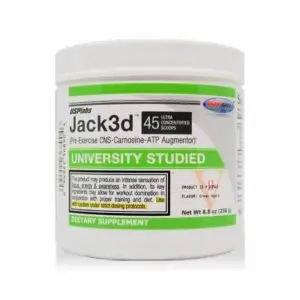
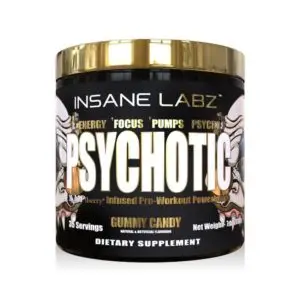
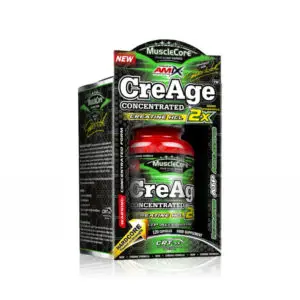
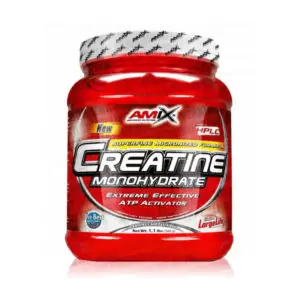
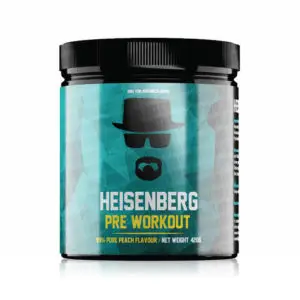
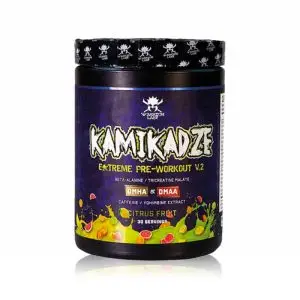
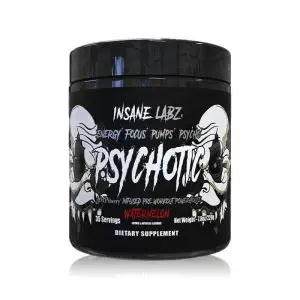
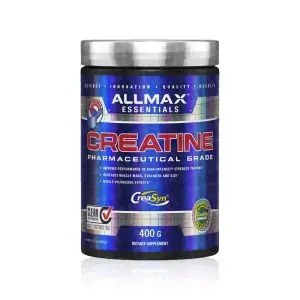
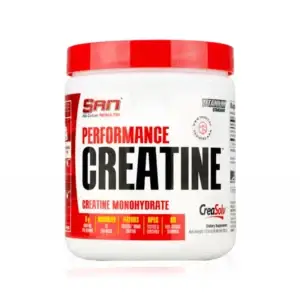


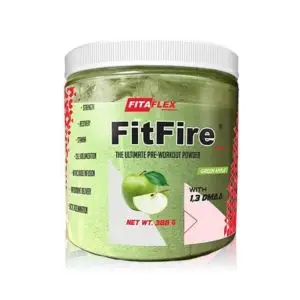
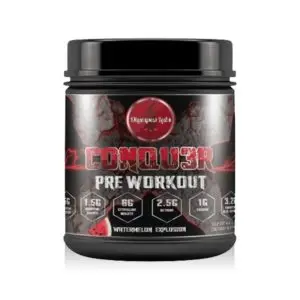
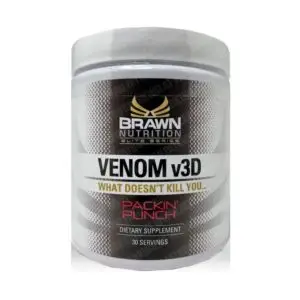
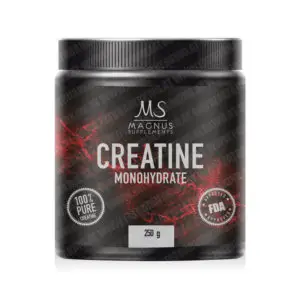
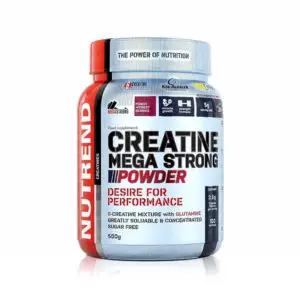
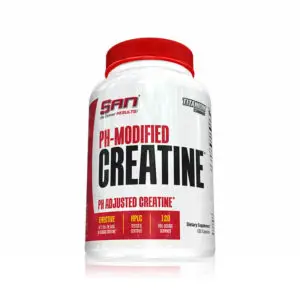
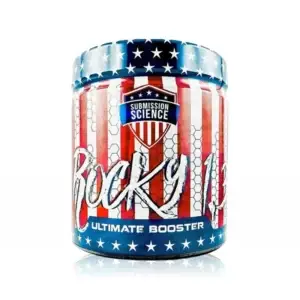
Creatine HCL and creatine monohydrate are two popular forms of creatine that offer different benefits. Creatine HCL is characterized by better solubility in water, which contributes to faster absorption in the body. This improved solubility often leads to less stomach discomfort, which can be a significant benefit for people who are sensitive to supplements. In addition, thanks to the combination with a hydrochloride group, creatine HCL requires a lower daily dose of around 2 to 3 grams to achieve comparable effects to creatine monohydrate.
Another advantage of creatine HCL over creatine monohydrate is that it causes less water retention. This makes it particularly ideal for athletes who are striving for a defined physique. In contrast to creatine monohydrate, taking creatine HCL does not require a so-called loading phase, which means that users can start supplementation more quickly. Its superior tolerability and faster absorption make it a preferred choice over creatine monohydrate, especially for those looking for a fast and efficient solution.
Creatine HCL offers a number of benefits that make it a preferred choice for many athletes and fitness enthusiasts. Compared to creatine monohydrate, creatine HCL requires a lower dosage to achieve similar results. This is mainly due to the combination with the hydrochloride molecule, which increases stability and water solubility. Another benefit is reduced water retention in the body, which can contribute to a defined, muscular appearance. In addition, many users report fewer stomach problems compared to other forms of creatine. It not only supports speed and explosive strength, but also muscular hypertrophy and regeneration after intensive training.
Advantages of creatine HCL at a glance:
The exceptional solubility of creatine HCL is a major advantage that increases its effectiveness. In contrast to conventional creatine monohydrate, which is difficult to dissolve in cold water, creatine HCL dissolves easily in any liquid. This improved solubility contributes to high bioavailability, even when taken in smaller quantities. This eliminates the need to dissolve it in warm water or fruit juice to ensure optimal absorption. These aspects allow for a lower dosage, making it easier to achieve the desired effects and increasing user-friendliness.
Creatine HCL is characterized by excellent tolerability, which makes it accessible to a broader user group. It is efficiently absorbed in the body thanks to its high water solubility and chemical stability, which increases its bioavailability. Another advantage is the lower dose required to achieve similar effects compared to creatine monohydrate, which minimizes the risk of digestive discomfort. The chemical stability ensures that it is absorbed faster and resists the acidic environment of the gastrointestinal tract. This is further facilitated by its composition with vitamins B6 and B12, which not only accelerate recovery but can also reduce possible side effects.
Creatine HCL is known for its ability to efficiently increase maximum strength. It does this by improving the supply of energy in the form of ATP in the muscles, which plays an essential role in performance during short-term, intensive high-speed strength training sessions. Studies have shown that a daily intake of 3 g creatine HCL enables an effective increase in performance. Compared to other forms of creatine, the dosage required for a comparable effect on maximum strength is lower, which increases its attractiveness. The capsule form of the supplement also makes it easier to adhere to the recommended dosage, which supports a consistent increase in performance.
Creatine HCL can also effectively improve fatigue resistance by increasing performance during intense physical activity. This allows athletes to perform longer training sessions before fatigue occurs. Thanks to its excellent bioavailability, creatine HCL is efficiently absorbed by the body, ensuring more effective fatigue resistance support. Another advantage is that the lower amount required to achieve the same effect also minimizes the risk of water retention in the muscles.
Research on creatine HCL has increased significantly in recent years as many athletes and sportspeople appreciate the effectiveness of this supplement in enhancing performance. Creatine HCL, known for its chemical structure containing a hydrochloride group, is considered superior to the widely used creatine monohydrate. This structure allows for better solubility and bioavailability, meaning that the body can absorb and utilize the creatine more efficiently.
Studies show that it offers significant benefits for muscle building, recovery and maximum strength. Its use has been shown to lead to faster recovery after intensive training sessions and to increase muscle mass. However, manufacturers must ensure that their claims about the effects are scientifically based in order to meet the EU's legal requirements regarding health claims.
The long-term intake of creatine HCL can have many positive effects for athletes and fitness enthusiasts. In particular, the chemical structure, which enables creatine to be better absorbed, has a long-term positive effect on physical performance. This not only means shorter recovery phases, but also continuous progress in strength and endurance.
Another advantage of creatine HCL in long-term use is the lower water retention compared to creatine monohydrate, which can lead to better muscle definition. This property makes it particularly attractive for those who are aiming for lean and defined muscle mass without unnecessary water retention.
It is also important that smaller doses are sufficient due to the high bioavailability of creatine HCL. This not only offers practical advantages when taking it, but also minimizes possible digestive problems that can occur with other forms of creatine. Overall, the long-term use of creatine HCL favors gastric tolerance and reduces the risk of side effects in the digestive tract.
Combining creatine HCL with other supplements can significantly improve training performance and recovery. For many athletes, creatine HCL is a key component of their supplement regime. It can be particularly effective in a post-workout shake, especially when combined with carbohydrates. This combination promotes the replenishment of muscle glycogen stores and supports regeneration. However, the dosage is important in order to achieve the best results. It is advisable to discuss the intake of creatine HCL and other dietary supplements with a specialist in order to achieve the ideal composition for individual training goals.
Creatine HCL is often used in combination with other supplements to maximize the benefits and boost performance. Popular supplements include protein supplements and carbohydrates, which combine with it for effective recovery and muscle building. Fruit juice is often recommended as an accompanying liquid as it can raise insulin levels and improve the absorption of creatine. When combining with such supplements, it is crucial to adhere to the recommended dosages. A consultation with an expert can be helpful to ensure that the selected supplements achieve the desired effect while being safe and effective.
Creatine HCL, also known as creatine hydrochloride, is considered to be well tolerated and safe to use. In general, there are no known serious side effects when taking it. Nevertheless, digestive problems such as stomach cramps or diarrhea can occur in rare cases. To minimize such undesirable effects, it is important not to exceed the recommended daily dose.
Tolerance of creatine HCL:
Creatine HCL offers a high-quality option for people who want to increase their athletic performance without having to rely on animal products. Due to its high bioavailability, it can be an effective supplement as part of a pre-workout booster.
Creatine HCL proves to be one of the most efficient forms of creatine currently available. Thanks to its fast and effective absorption in the body, it ensures immediate availability in muscle tissue, which is particularly beneficial for athletes. The reduced water retention results in a defined and muscular appearance, while increasing maximum strength and fatigue resistance. These properties enable more intensive and effective training sessions.
The regular intake of creatine HCL also supports muscle building and muscular hypertrophy, making it a popular supplement for athletes. With the additional effect of vitamins such as B6 and B12, regeneration is accelerated even further.





















© copyright 2018-2025 Fatburnerking.at
| Cookie | Duration | Description |
|---|---|---|
| cookielawinfo-checkbox-advertisement | 1 year | This cookie is set by the GDPR Cookie Consent Plugin and is used to record the user's consent for the cookies in the "Advertising" category. |
| cookielawinfo-checkbox-analytics | 11 months | This cookie is set by GDPR Cookie. The cookie is used to store user consent for cookies in the "Analytics" category. |
| cookielawinfo-checkbox-functional | 11 months | The cookie is set based on the consent of the GDPR cookies to record the user's consent for cookies in the "Functional" category. |
| cookielawinfo-checkbox-necessary | 11 months | This cookie is set by GDPR Cookie. Cookies are used to store the user's consent to the storage of cookies in the "Necessary" category. |
| cookielawinfo-checkbox-others | 11 months | This cookie is set by GDPR Cookie. The cookie is used to store the user's consent for cookies in the "Other" category. |
| cookielawinfo-checkbox-performance | 11 months | This cookie is set by GDPR Cookie. The cookie is used to store user consent for cookies in the "Performance" category. |
| CookieLawInfoConsent | 1 year | Records the default button status of the corresponding category and the status of CCPA. It only works in coordination with the primary cookie. |
| elementor | never | This cookie is used by the website's WordPress theme. It allows the website owner to implement or change the content of the website in real time. |
| viewed_cookie_policy | 11 months | The cookie is set by the GDPR cookie and is used to store whether the user has consented to the use of cookies or not. It does not store any personal data. |
| Cookie | Duration | Description |
|---|---|---|
| ssupp.vid | 6 months | Cookie set by Smartsupp to record the visitor ID. |
| ssupp.visits | 6 months | Cookie set by Smartsupp to record the number of previous visits, necessary to track automatic messages. |
| Cookie | Duration | Description |
|---|---|---|
| _ga | 2 years | The _ga cookie installed by Google Analytics calculates visitor, session and campaign data and also tracks website usage for the website analytics report. The cookie stores information anonymously and assigns a randomly generated number to identify unique visitors. |
| _gat_gtag_UA_179465762_1 | 1 minute | Set by Google to distinguish users. |
| _gid | 1 day | The _gid cookie installed by Google Analytics stores information about how visitors use a website and at the same time creates an analytics report about the website's performance. Some of the data collected includes the number of visitors, their source and the pages they visit anonymously. |
| tk_ai | 5 years | JetPack sets this cookie to store a randomly generated anonymous ID that is only used in the administration area and for general analytics tracking. |
| tk_lr | 1 year | The tk_lr is a referral cookie set by the JetPack plug-in on websites using WooCommerce that analyses referral behaviour for Jetpack. |
| tk_or | 5 years | The tk_or is a referral cookie set by the JetPack plug-in on websites using WooCommerce that analyses referral behaviour for Jetpack. |
| tk_qs | 30 minutes | JetPack sets this cookie to store a randomly generated anonymous ID that is only used in the administration area and for general analytics tracking. |
| tk_r3d | 3 days | JetPack installs this cookie to collect internal metrics for user activity to improve the user experience. |
| tk_tc | Session | JetPack sets this cookie to record details of how users use the website. |
| Cookie | Duration | Description |
|---|---|---|
| _fbp | 3 months | This cookie is set by Facebook to display ads after visiting the website, either on Facebook or on a digital platform powered by Facebook Ads. |
| fr | 3 months | Facebook sets this cookie to display relevant ads to users by tracking user behaviour on the web, on websites with Facebook Pixel or Facebook Social Plug-in. |
| Cookie | Duration | Description |
|---|---|---|
| cookies.js | Session | No description available. |
| weglot_wp_rocket_cache | Session | No description |